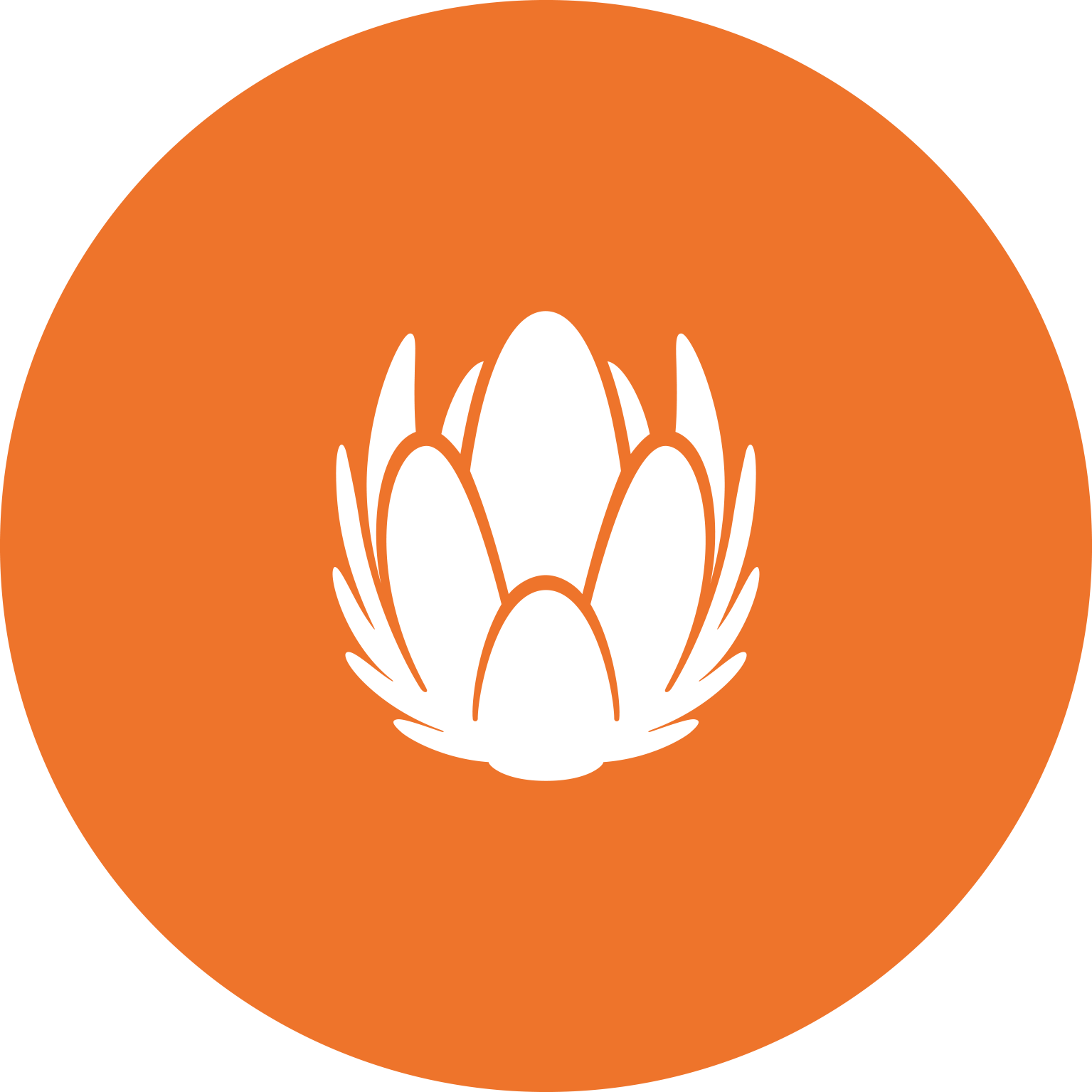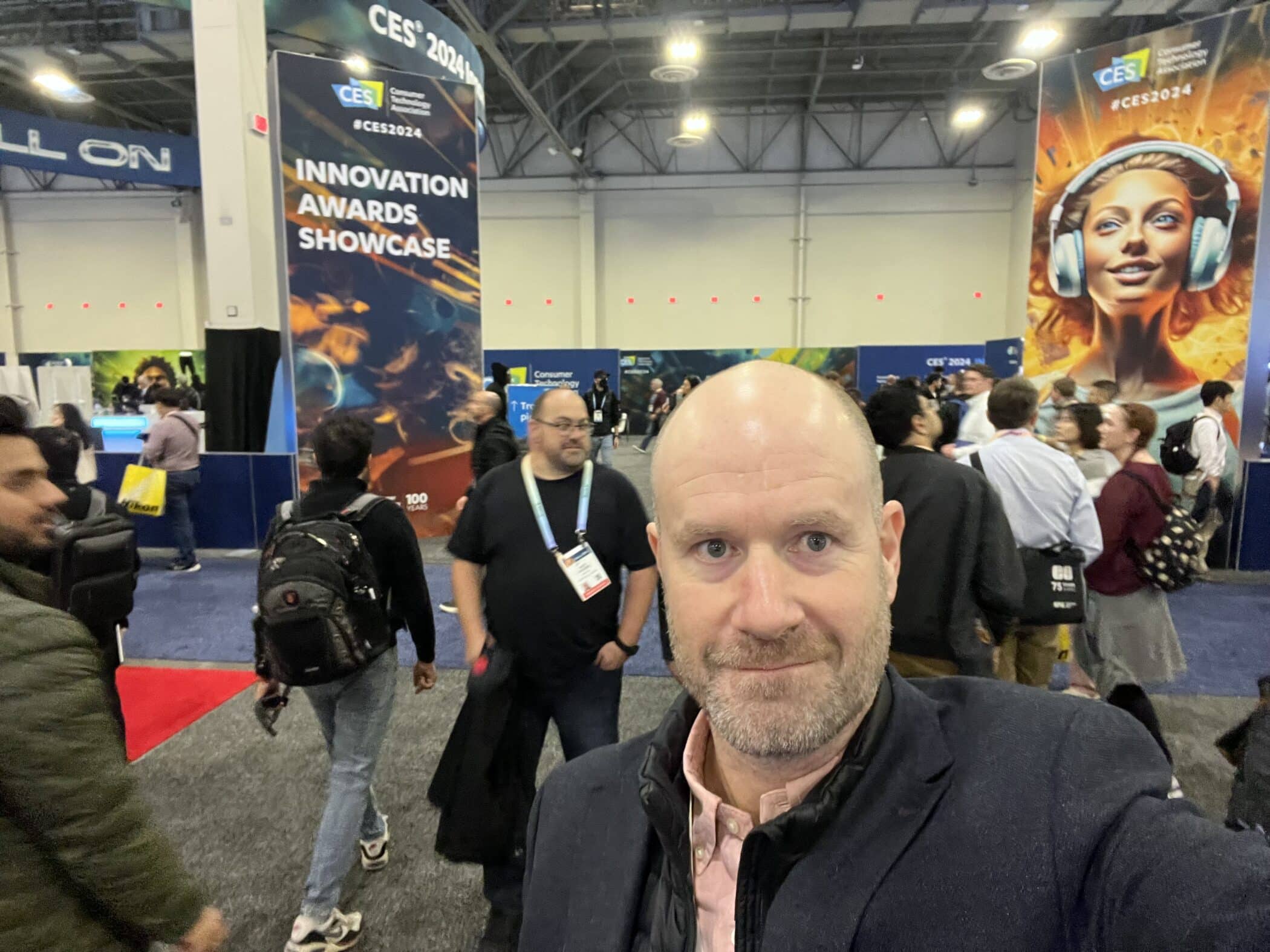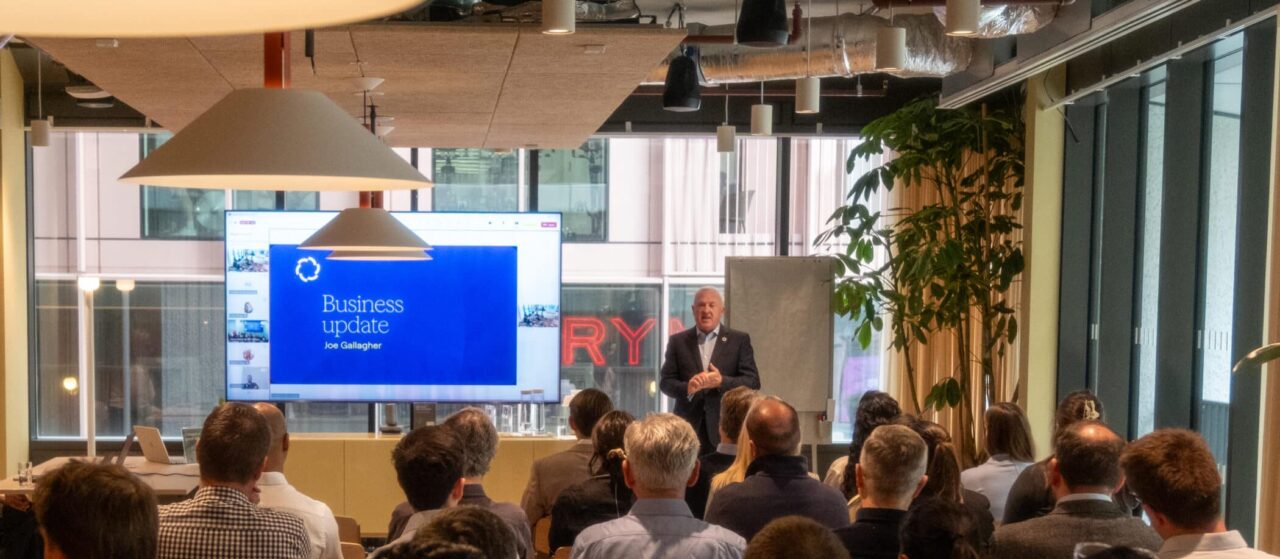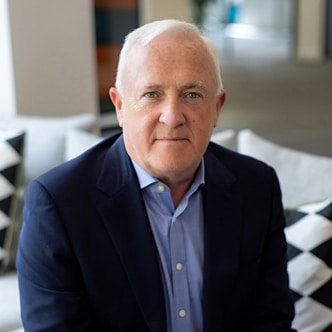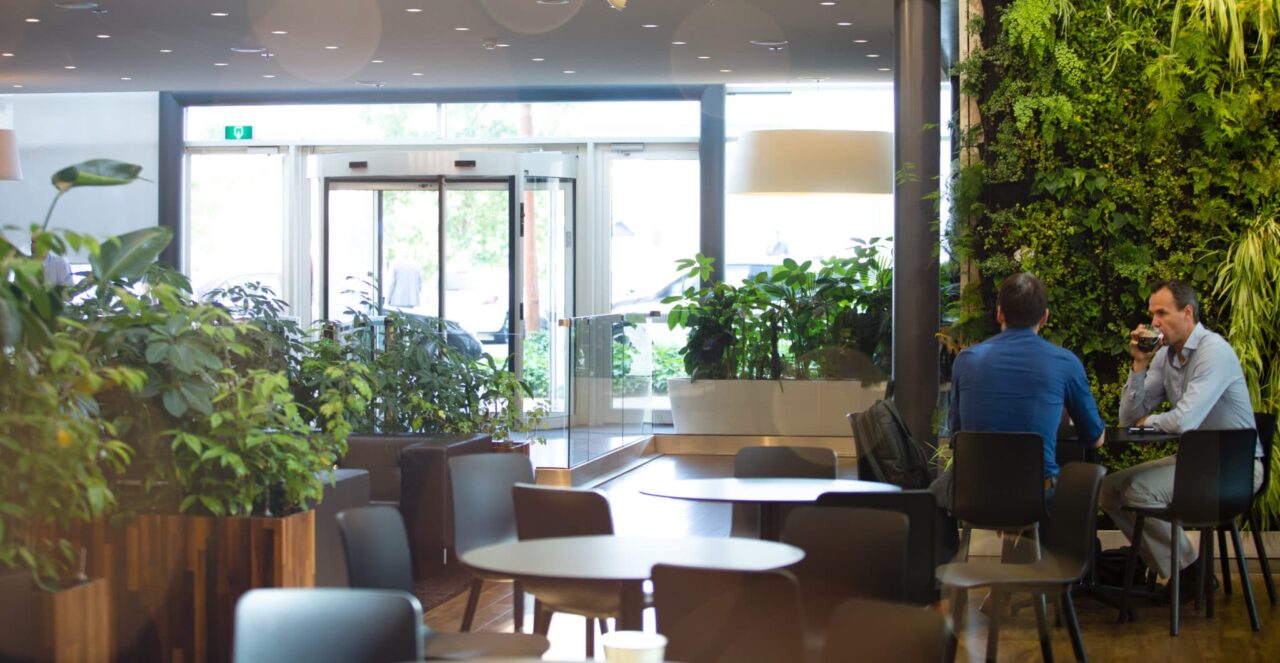For those of us in tech, January is synonymous with one of the biggest and most energetic annual trade shows: CES.
Each year, leaders from parts of the technology ecosystem across the world gather to Las Vegas for the annual Consumer Electronics Show to explore the latest tech trends that are driving the the innovation agenda.
For Liberty Global, it is a chance to connect with our partners, stay across how the latest technology trends are shaping the products and services consumers will use, and consider how our fixed and mobile networks will power these innovations. It’s also a time for exploring how we can make use of these new technologies within our services.
Here are our five key takeaways for 2024.
AI is the uber technology enabler
AI is quickly shifting from being the top technology trend to being the uber enabler across all technologies and use case verticals, cementing itself as an innovation engine across the tech products and services landscape.
One of the key innovations was the integration and adoption of Large-Language-Models (LLM), which are machine learning algorithms designed to understand and generate language. LLMs, which are a crucial component of generative AI, have been built into devices from AI-powered virtual assistants in cars to cloud-connected robots.
German car manufacturer, Volkswagen, plans to integrate ChatGPT into vehicles’ voice assistant within the car. And it’s not alone in its field – the Mercedes MBUX assistant got an AI upgrade whilst both BMW and Hyundai were showcasing new assistant services in their latest product lines.
Virtual assistants also came in the form of dedicated devices, such as the Rabbit R1, the Moxie Robot, designed to be a AI-based companion for children, and Ballie, Samsung’s companion robot, which now comes with a built-in projector and sensor, allowing for better tracking and navigation.
Screens with embedded AI came from all the big manufacturers with Samsung, Panasonic, Sharp, Hisense and TCL all incorporating this technology into their offerings.
Smart Homes advance to a world where all devices talk to each other
Amazon, Google, Aqara and startup, Oliver IQ, were among many notable providers showcasing their latest innovations in the smart home ecosystem. Across the board, these tech giants featured the progress they made adapting their product lineup to Matter, a global, open-source standard that unifies smart home delivery by allowing internet-connected devices from different manufacturers to simply and securely communicate.
Amazon, for example, boasted that its latest hub is now compatible with 10,000 devices whilst Samsung went a step further with full integration of its SmartThings functionality into their latest Smart TVs. This means you can now turn on lights around the house, change the thermostat, and monitor security cameras – all from functionality integrated into Samsung displays.
Immersive Technology anticipates the Apple Vision Pro
Despite the industry waiting on this year’s highly anticipated release of the Apple Vision Pro glasses, several Augmented Reality (AR) products took centre stage featuring new optics, incredible resolution and advanced features spanning eye-tracking to robust storage and wireless connectivity.
The XREAL Air 2 smart glasses enables spatial computing in a lightweight form factor at an entry-level cost. Supporting the development of the optical interfaces are a number of content and platform providers from major players such as Sony, in the entertainment space, and Siemens, in the industrial space. The involvement of major brands suggest a gradual path towards wider adoption albeit the enthusiasm for this technology that we saw during Metaverse mania has not returned and the installed base of these products will remain low.
Designing the car of the future
CES has also become a car show and it is the event for the automobile industry to present new innovations to the public. This year, manufacturers shone a light on how they’re imagining the car of the future – with the driver’s experience at the front of mind.
Afeela, a Sony-Honda joint venture, focused on the user experience within the vehicle, utilising Sony’s entertainment experience to deliver content on multiple displays throughout the car. The company, which is looking to release its first vehicle in 2025, says its prototype combines highly advanced AI sensing technology with a creative entertainment space.
Kia, meanwhile, showcased its electric van range with highly innovative form factors, again targeting 2025 to enter the commercial van sector.
Directly of relevance to our EV businesses such as Egg and Believ, electric chargers also continue to drive innovation – CES featured a robot EV charger from Autovoltek whilst wireless charging development is slowly progressing with new products from Witricity.
Of course, no CES is complete without the honourable mention of the flying car and Xpeng AeroHT’s eVTOL gets this spot. Both practical and stylish – but a long way from prime time.
Health technology widens its scope
Health devices have long been a staple of CES but what was noticeable this year was the sheer breadth of products and services announced, and the conditions they covered – from the Wi-Fi enabled Zoe Fall device to assist the elderly, to AI-powered mental health tools.
There was the full range of wearables, from rings and watches, to ear buds and stick on pads. This range has now extended to biomechanical support, with commercially available exoskeletons from German Robotic and WiRobotics.
With the rapid advance of AI and computer vision, we saw the emergence of new types of professional wellness solutions.
FaceHeart’s technology is FDA approved and able to monitor heart rate using a single video camera. Blueskeye AI are able to analyse face and voice data, to interpret medically relevant emotions to help improve people’s quality of life at home, in their cars, and at work.
And for all those new parents out there, we even met a company that translates babies’ cries using AI. Trained on thousands of datasets at UK hospitals, it is a startling reminder that the only limit to AI advances is potentially our imaginations.
That’s it from CES ….
CES continues to be the key innovation event in the tech industry’s calendar, and provides us with an exciting agenda-setting kick-off for 2024 as we explore the future and continue to deliver outstanding innovative products and services to delight our customers.For us, CES isn’t just an annual showcase of the industry’s latest innovations, it’s a glimpse into the technological future ahead of us.

